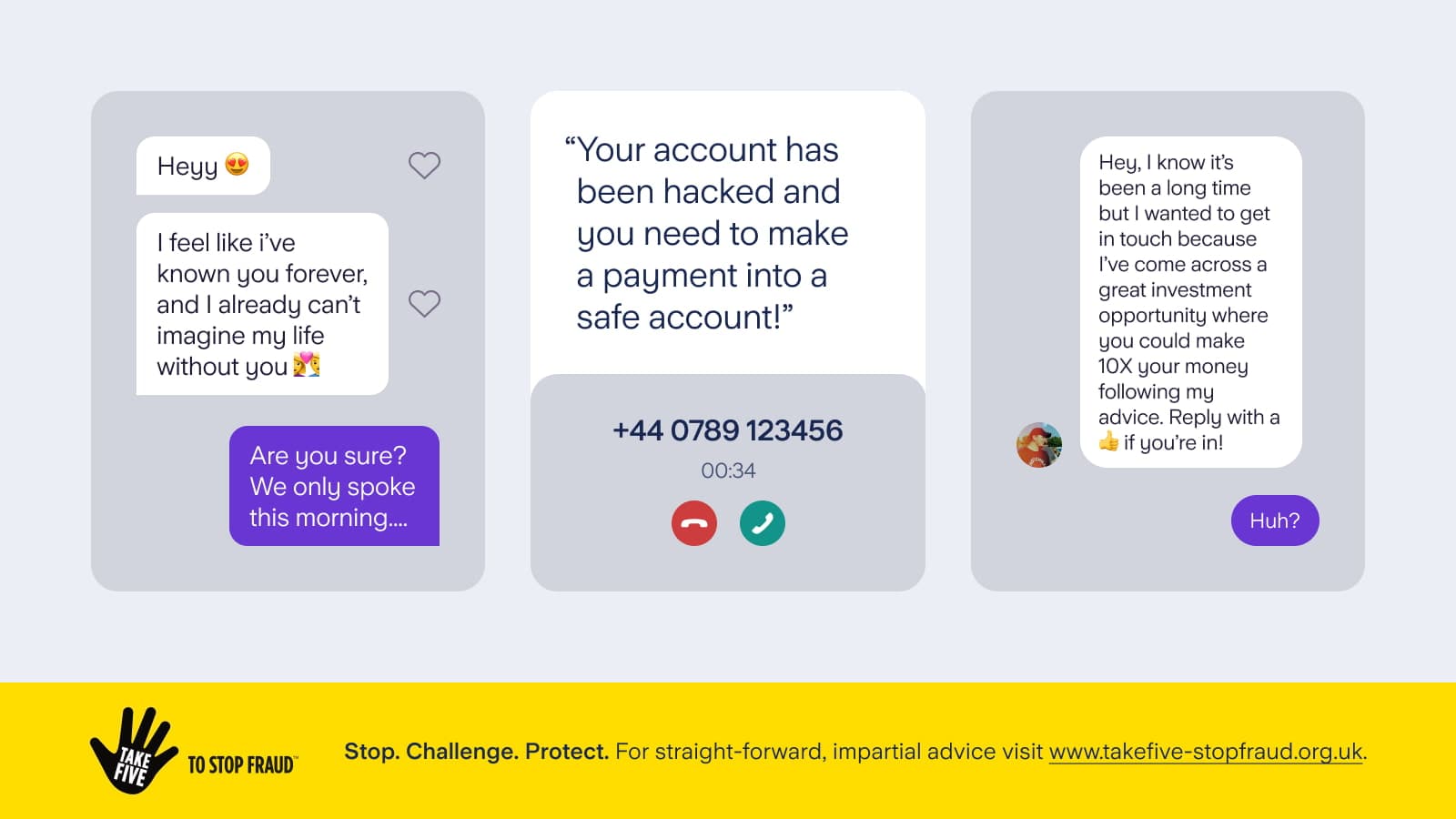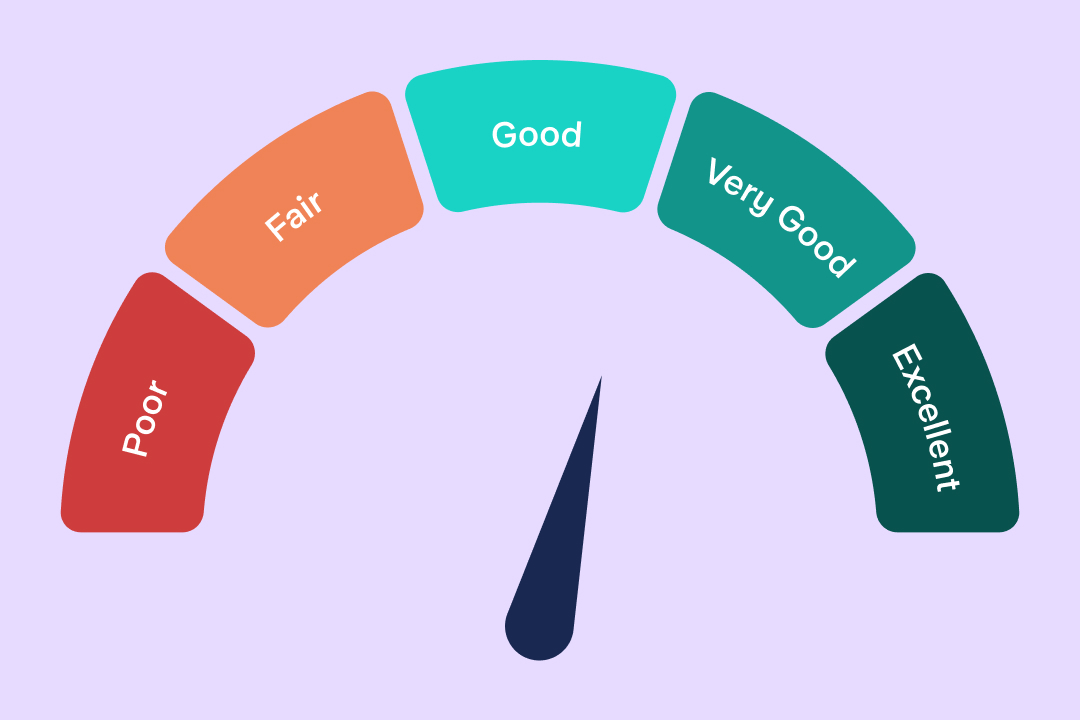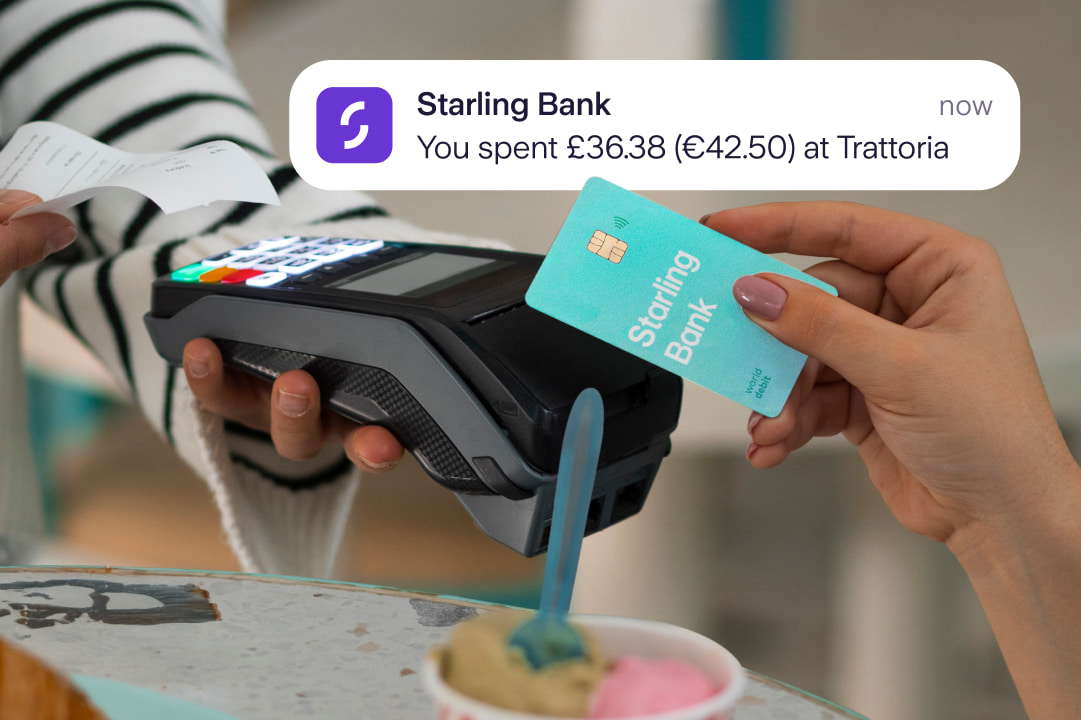
Personal finance
“We couldn’t get on the pitch – there were loads of men playing. The girls were so disappointed.”
15th May 2024
19th October 2023

Investment scams are how fraudsters try to convince people to part with their money through the offer of above-average levels of return, at what appears to be minimal risk. It’s easy to understand how these schemes can hook us in. Who wouldn’t want to double or triple their initial investment within three months? But like most things, if it sounds too good to be true, it probably is.
In some instances, a fraudster will deceive people by making them believe in an investment that simply doesn’t exist at all. In other cases, scammers will impersonate a genuine investment company, leading you to believe that you are in contact with a trusted institution. Unfortunately, the reality in both scenarios is that your money is going straight into the scammers’ pockets. The fallout for scams like these can be devastating for those involved, with some people losing life-changing sums of money.
In recent years, there’s been an increase in investment scams originating on social media. Platforms like Instagram, Facebook and Snapchat are used to promote investments such as cryptocurrencies, foreign exchange (AKA Forex) and binary options - but the investments can be a hoax and may not exist. The pages and adverts will often include fake reviews or false endorsements from celebrities and will use images of luxury items to lure you in.
Here are some tips:
How have you been approached? Did someone contact you out the blue via social media? Or perhaps someone knocked on your front door, sent you a surprising email or called you unexpectedly? Unsolicited approaches should always ring alarm bells.
Are they pressuring you into making a decision? A legitimate company should never force you into making an immediate decision or make you feel uncomfortable.
Are you being promised low risk & high return? Does this sound unrealistic, or, too good to be true? No investment is completely risk free and a genuine investment company should not encourage you to invest more than you could afford to lose.
Check the FCA register of regulated companies to ensure the company you are dealing with is regulated. Always access the register via the FCA website directly, and not via any links provided by the company you are dealing with.
Are you corresponding with the company you thought you were? Fraudsters are known to impersonate regulated institutions and spoof phone numbers and email addresses, making it appear as though they are contacting you from a trusted source. The FCA register normally has the website and contact details for any institutions registered, so you can always call the company back on a number found via this site to verify if the contact was genuine.
Have you been approached regarding access to your Pension? Scammers sometimes target pensions, be careful.
Have you been asked to download remote access software so that an investment manager can assist you? A genuine investment firm would never do this. Stop immediately if someone asks to access your device.
Consider speaking to an FCA-regulated financial advisor if you’re not experienced with investing.
If you think you’ve been a victim of a scam, you should contact Action Fraud and your bank.
Most financial products and services can only be offered within the UK if the company is authorised, registered or approved to do so. The FCA also has a sense check process and Warning List of firms you should avoid.
Scammers will target anyone, no matter their age or experience. If you’ve been approached about an investment, check out the useful ScamSmart tool on the FCA website.
If you’re keen to learn more on this topic, visit our friends over at @Take5 who have more information on what you can do to avoid scams. Remember, if something sounds too good to be true, it’s probably a scam. If it sounds at all unusual or strange to you, always stop and think it over very carefully.

Personal finance
15th May 2024

Personal finance
13th May 2024

Personal finance
14th March 2024

Money Truths
8th July 2025

Money Truths
2nd July 2025

Money Truths
1st July 2025